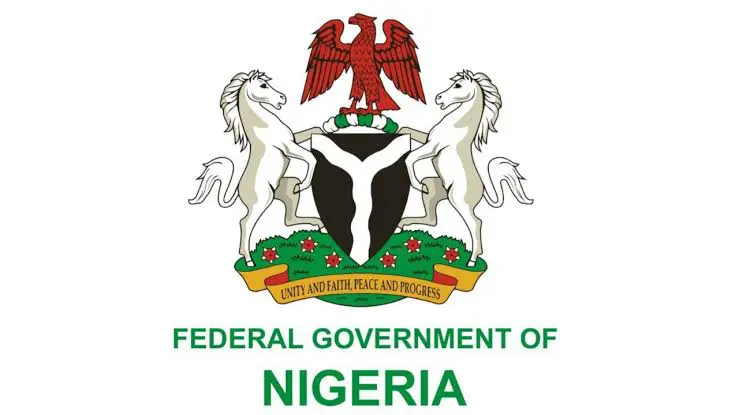The Federal Government of Nigeria has launched a new initiative called the Personnel Audit and Skills Gap Analysis (PASGA) aimed at improving efficiency, transparency, and productivity within the civil service. The project, introduced by the Office of the Head of the Civil Service of the Federation (OHCSF), is a major step toward modernizing public administration in line with global standards.
Speaking during a sensitization session in Abuja, Dr. Deborah Odoh, the Permanent Secretary, Service Policies and Strategies Office, said the initiative will help the government build a data-driven and performance-based workforce. Representing the Head of the Civil Service, Mrs. Didi Esther Walson-Jack, Odoh explained that PASGA is part of the Federal Civil Service Strategy and Implementation Plan 2021–2025 (FCSSIP25), designed to strengthen workforce planning, training, and deployment.
According to Odoh, the project will enable the government to create a reliable database of civil servants, matching their skills and competencies with organizational needs. She emphasized that the audit will help eliminate outdated and fragmented personnel data that often lead to inefficiencies and mismanagement. “PASGA sets a new benchmark for transparency, accountability, and performance in the Federal Civil Service,” she noted.
The programme, which aligns with President Bola Tinubu’s Renewed Hope Agenda, will also promote merit-based appointments and fair career progression. Odoh praised Knewrow Consulting for partnering with the government on the project, urging them to maintain professionalism and integrity in executing the task. She added that PASGA would revolutionize public sector management by ensuring decisions are based on verified data and skill alignment.
Also speaking, Mr. Ayo Muritala, one of the consultants working on PASGA, assured that data security remains a top priority. He explained that a hybrid technology model has been adopted to ensure privacy and accuracy in data collection and management. “Every precaution has been taken to protect sensitive information, and there’s no cause for concern,” Muritala reassured.







